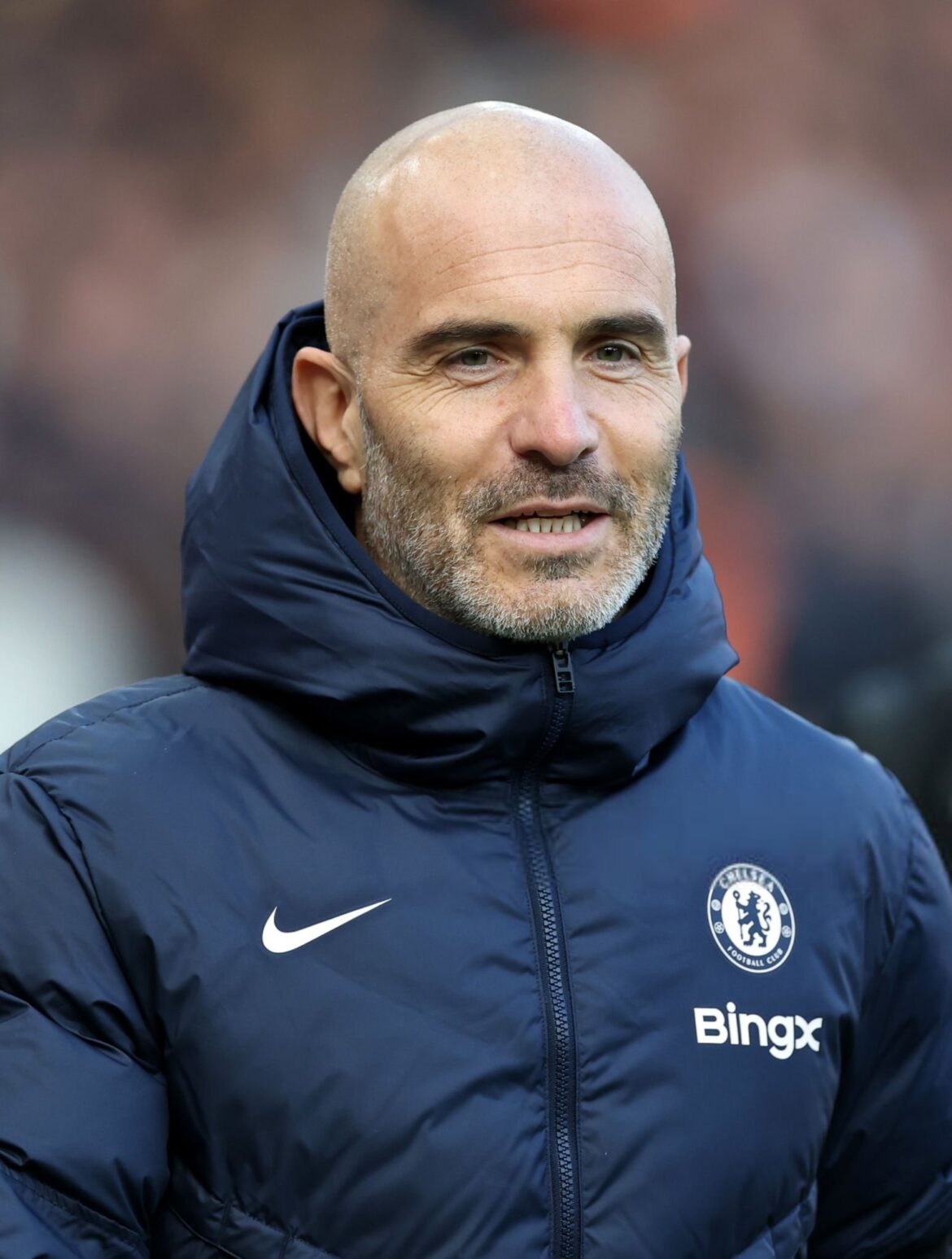In a scathing post-match interview, Maresca made it clear that the player’s contribution during the game was far below expectations, leaving not only him but the entire team feeling let down. His remarks were direct, sparing no sentiments as he laid bare his displeasure. According to Maresca, the player in question didn’t just underperform—he was a liability on the pitch, something the manager simply couldn’t tolerate any longer. His disappointment was evident not only in his words but in his demeanor, as he emphasized that it was time for serious reflection on the player’s role in the team.
Maresca didn’t mince his words. “I’m beyond disappointed with his performance yesterday,” he said. “He didn’t just let me down—he let the whole team down.” His tone was sharp, filled with an undercurrent of frustration that likely resonated deeply within the Leicester camp. His decision to single out a player, while risky, showed just how dire the situation had become in his eyes. The manager’s commitment to results and maintaining high standards was evident, and it became clear that this particular player had reached a breaking point in Maresca’s patience. The manager, clearly agitated by what he saw on the field, indicated that changes would be inevitable, pointing towards the player’s likely demotion from the starting lineup.
Maresca continued, “It’s time for him to sit on the bench and learn from his replacement because, honestly, I can’t deal with his style of play anymore. We need players who show up, and he’s just not delivering.” The tone here was final. There was no room for negotiation or half-hearted performances in Maresca’s setup. His message was loud and clear: play better or risk losing your place. His dissatisfaction wasn’t limited to just a single aspect of the player’s game. From the way he spoke, it was clear that this was a buildup of multiple disappointing performances, with the match against Liverpool simply being the final straw. For Maresca, who has been known to demand a high level of commitment and tactical awareness from his squad, this kind of public criticism could be a turning point, both for the player and for the team.
Liverpool, a side that has consistently been one of the Premier League’s top teams, dominated Leicester in key areas of the game, and Maresca’s frustration seemed to stem from a sense of missed opportunities. While the specifics of the match and the player’s role weren’t elaborated on in the interview, it was apparent that the tactical execution had failed. Liverpool capitalized on gaps that, in Maresca’s eyes, should have been covered by this particular individual. The manager’s decision to address this publicly could be a strategic move, aimed at lighting a fire within his squad, ensuring no player becomes complacent. However, the decision also runs the risk of alienating the player in question, potentially damaging the internal team dynamics.
It’s not uncommon for managers, especially in highly competitive leagues like the Premier League, to express their frustration when performances fall short of expectations. Still, Maresca’s directness in this instance was striking. His comment about sitting on the bench indicated a change in the team’s starting lineup was imminent, and the need for the player to “learn from his replacement” suggested that Maresca already had someone in mind who could bring more to the pitch. Whether this will spark a response from the criticized player remains to be seen, but the manager’s stance was unequivocal. Players who don’t perform will be replaced, and it’s clear that this particular individual has a long way to go to regain his manager’s trust.
The timing of Maresca’s comments also raises interesting questions about the direction Leicester City will take in the coming weeks. With a busy schedule ahead, the manager’s decision to potentially bench a key player could either act as a much-needed wake-up call or further unsettle the squad. The team’s cohesion and ability to rebound from a tough loss will be critical. It’s evident that Maresca is willing to make tough decisions to ensure that the team remains competitive, even if it means leaving out a big name.
For Leicester fans, this kind of blunt assessment from their manager may be concerning, but it also signals that Maresca is not afraid to shake things up in the pursuit of success. Football, especially at the top level, demands results, and Maresca’s no-nonsense approach may be exactly what’s needed to get his team back on track. However, it remains to be seen how the player involved will respond to this very public dressing down and whether this tough love approach will have the desired effect on Leicester’s overall performance going forward.
In the aftermath of Maresca’s interview, speculation will likely grow about which player he was referring to and what this means for the next match. Fans and pundits alike will be watching closely to see whether these tough words lead to improved performances on the pitch or further internal strife within the team. Maresca, it seems, is not one to shy away from making tough calls, and this incident might just be the catalyst Leicester City needs to reignite their season.
